3371352 results
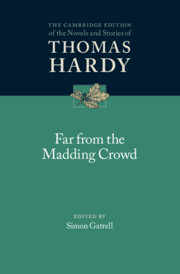
Far from the Madding Crowd
- Coming soon
-
- Expected online publication date:
- March 2026
- Print publication:
- 31 March 2026
-
- Book
- Export citation
The New Cambridge History of the English Language
- Britain, Ireland and Europe
- Coming soon
-
- Expected online publication date:
- February 2026
- Print publication:
- 28 February 2026
-
- Book
- Export citation
Studies in Greek Literature
- Coming soon
-
- Expected online publication date:
- February 2026
- Print publication:
- 28 February 2026
-
- Book
- Export citation
Studies in Greek Literature
- Coming soon
-
- Expected online publication date:
- February 2026
- Print publication:
- 28 February 2026
-
- Book
- Export citation
The New Cambridge History of the English Language
- North America and the Caribbean
- Coming soon
-
- Expected online publication date:
- February 2026
- Print publication:
- 28 February 2026
-
- Book
- Export citation
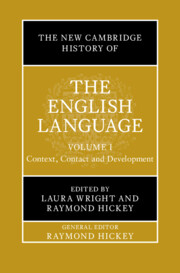
The New Cambridge History of the English Language
- Context, Contact and Development
- Coming soon
-
- Expected online publication date:
- January 2026
- Print publication:
- 30 September 2025
-
- Book
- Export citation
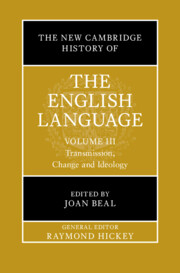
The New Cambridge History of the English Language
- Transmission, Change and Ideology
- Coming soon
-
- Expected online publication date:
- January 2026
- Print publication:
- 31 October 2025
-
- Book
- Export citation
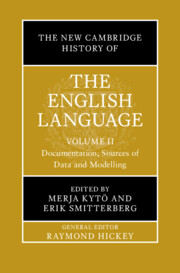
The New Cambridge History of the English Language
- Documentation, Sources of Data and Modelling
- Coming soon
-
- Expected online publication date:
- January 2026
- Print publication:
- 30 September 2025
-
- Book
- Export citation

Still No Miracles Needed
- How Today's Technology Can Save Our Climate and Clean Our Air
- Coming soon
-
- Expected online publication date:
- January 2026
- Print publication:
- 31 January 2026
-
- Book
- Export citation
Rhythms of Speech and Language
- Physiology, Cognition, Culture
- Coming soon
-
- Expected online publication date:
- January 2026
- Print publication:
- 31 January 2026
-
- Book
- Export citation

The World of Leonard Cohen
- Coming soon
-
- Expected online publication date:
- January 2026
- Print publication:
- 31 January 2026
-
- Book
- Export citation
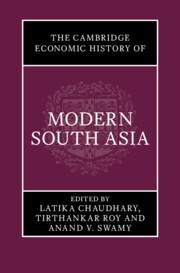
The Cambridge Economic History of Modern South Asia
- Coming soon
-
- Expected online publication date:
- January 2026
- Print publication:
- 31 January 2026
-
- Book
- Export citation
The Cambridge History of the American Revolution
- Coming soon
-
- Expected online publication date:
- January 2026
- Print publication:
- 01 October 2026
-
- Book
- Export citation
The Cambridge Urban History of Europe
- Coming soon
-
- Expected online publication date:
- January 2026
- Print publication:
- 31 October 2025
-
- Book
- Export citation
The Cambridge Urban History of Europe
- Coming soon
-
- Expected online publication date:
- January 2026
- Print publication:
- 31 October 2025
-
- Book
- Export citation
The Cambridge Urban History of Europe
- Coming soon
-
- Expected online publication date:
- January 2026
- Print publication:
- 31 October 2025
-
- Book
- Export citation
The Cambridge History of the American Revolution
- Coming soon
-
- Expected online publication date:
- January 2026
- Print publication:
- 01 October 2026
-
- Book
- Export citation
The Cambridge History of the American Revolution
- Coming soon
-
- Expected online publication date:
- January 2026
- Print publication:
- 01 October 2026
-
- Book
- Export citation
International Law
- Coming soon
-
- Expected online publication date:
- December 2025
- Print publication:
- 31 December 2025
-
- Textbook
- Export citation
Entrepreneurial Finance
- The Art and Science of Growing Ventures
- Coming soon
-
- Expected online publication date:
- December 2025
- Print publication:
- 31 December 2025
-
- Textbook
- Export citation


